Planned Giving
Planned giving encompasses several types of giving, all with the same result: by planning ahead, a donor can leave a legacy to sustain Catholic Charities for years to come. In addition, when done thoughtfully and with the assistance of a tax professional, planned giving can have positive tax benefits during a donor’s lifetime and after.
In addition, planned giving allows a donor the option of addressing a specific area of interest as part of their legacy or give Catholic Charities funds to address the most urgent need within our ministries. Discussing one’s wishes with the Catholic Charities Development Department before finalizing paperwork provides an opportunity to see how a donor’s interests align with the needs of the organization, and can help Catholic Charities plan the best way to ensure the donor’s legacy is fulfilled.
Planned giving options to consider:
1. Leaving a bequest to CCW in your will or revocable trust.
One of the simplest ways is to give from an estate. A donor can make a gift bequest, after others have been provided for, of a specific dollar amount, property, a percentage of the value of the estate, or leave the remainder to Catholic Charities.
2. Establishing a charitable lead trust to assist both your beneficiaries and Catholic Charities.
In a charitable lead trust asset (cash or securities) are transferred to a trust that pays income from the fund to the organization for a predetermined number of years. At the end of the time period, the trust terminates and the assets are given back to the persons the donor named. The income tax deduction is for payments made annually to the organization.
3. Designating Catholic Charities as a beneficiary in a life insurance policy or in your IRA, 401(k) or 403(b).
When leaving an IRA or other retirement plan to their children, a donor can create an unnecessary tax burden on them. Income taxes will be paid on the lump sum distribution or on the income stream from the retirement plan. A donor can avoid this tax burden for their heirs by designating Catholic Charities as the beneficiary, leaving non-taxable assets to heirs.
4. Retirement giving
A required minimum distribution (RMD) is the minimum amount a person must withdraw from their account each year. One generally has to start taking withdrawals from an IRA, SEP IRA, SIMPLE IRA or retirement plan account when reaching age 72 (70.5 if one reached that age before Jan. 1, 2020). Using a qualified charitable distribution (QCD) is a tax-savvy strategy that allows a donor to transfer their RMD to Catholic Charities and reduce their tax liability. The SECURE Act, which became law in 2019, also requires distribution of the entire balance within 10 years of the owner’s death for some types of plans.
Read how one legacy gift that is impacting clients came about:
Seeds for gift, new initiative planted on Texas farm
by Mary Beth Chambers | July 30, 2020 | Mission Moments, News, Planned Giving
The seeds for the newest Catholic Charities initiative were planted on a farm in the Texas Panhandle more than 75 years ago. No one knew that the hard-working, self-sufficient lifestyle that the parents and grandparents of Norman Warminski were modeling for him would be the inspiration for an estate gift that is now helping people in southcentral Kansas overcome barriers to employment.
Planned Giving Inquiry
Contact Us
We would like to hear from you! Call 316-264-8344 or Email us:
Services
Counseling And Immigration
Disabled Adults And Seniors
Hunger
Domestic Violence

St. Joseph Pastoral Center
437 North Topeka st.
Wichita. KS 67202-2431
(316) 264-8344
Catholic Charities, Diocese of Wichita is a 501(c)(3). All gifts are tax-deductible.
Need donation support?
316-264-8344 ext. 1262
giving@CatholicCharitiesWichita.org
Wichita Diocese
The Wichita Diocese covers 20,021 square miles and includes 25 counties in the southeast corner of the state. It is home to over 114,000 Catholics in 90 parishes.


